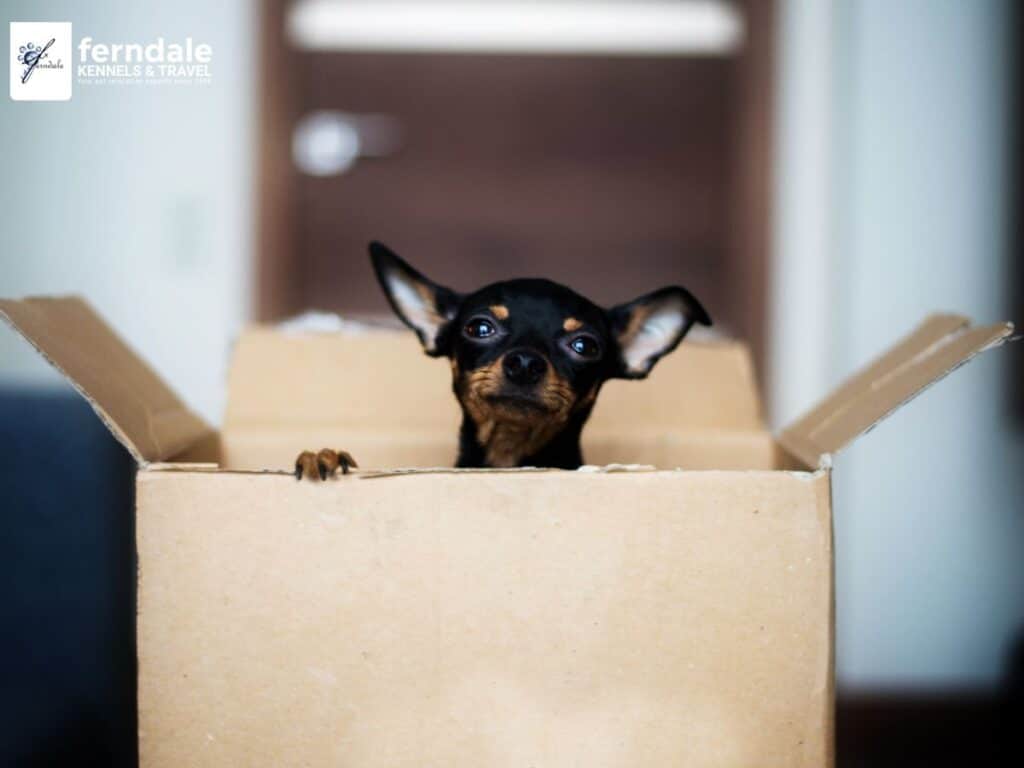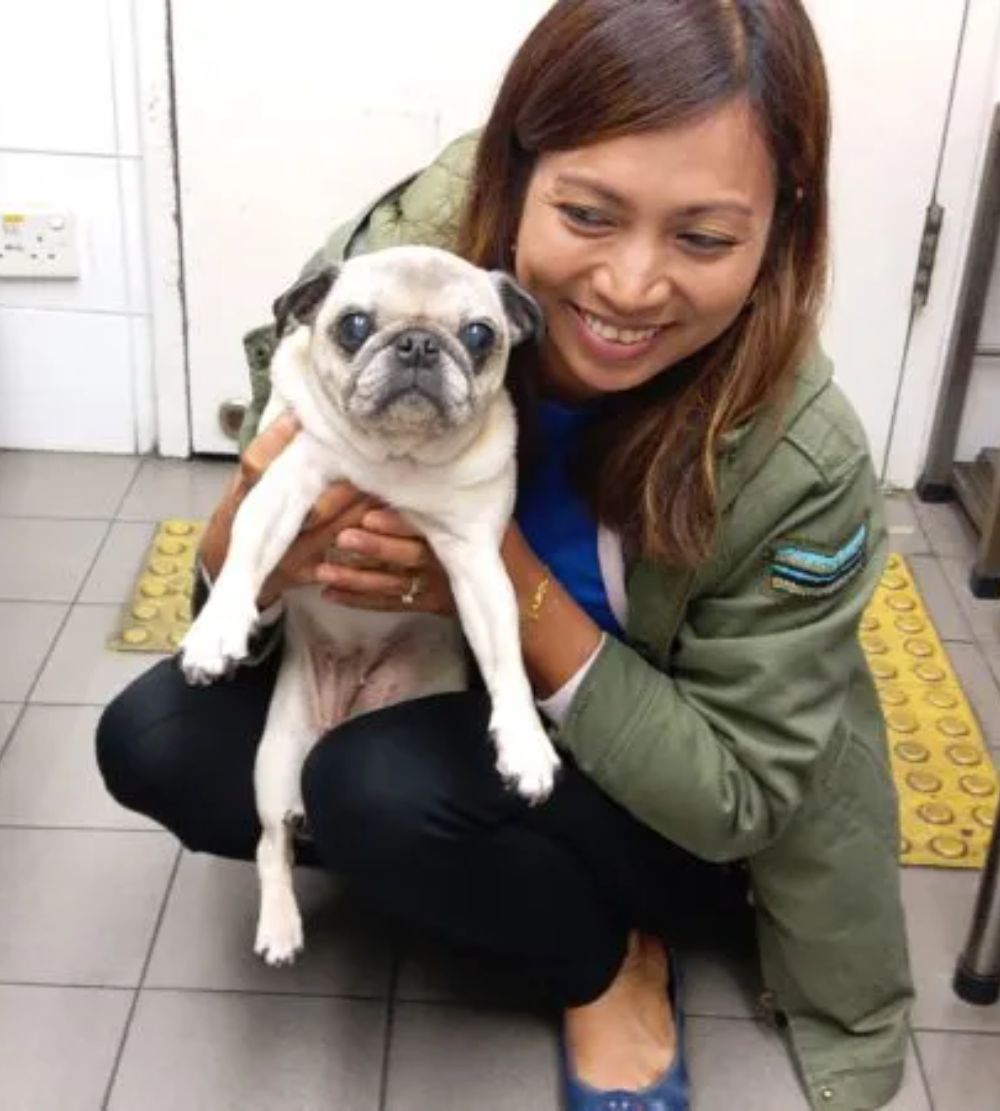Moving with pets to a new country like Singapore involves careful planning and understanding the requirements and costs of pet relocation. Singapore, known for its strict rules and high living standards, presents a unique set of challenges and considerations for pet owners. This guide thoroughly explores the essential information you need to know about bringing your pets to Singapore, the Singapore import updates, the costs involved, and the necessary steps to ensure a smooth transition for your furry companions.
First, we will discuss the updates on Singapore pet imports. Recently, there have been updates to Singapore’s regulations regarding the importation of pets.
Singapore Pet Import Update
The Agri-Food and Veterinary Authority of Singapore (AVS) has conducted a review and update of the veterinary requirements for importing dogs and cats into Singapore. This update aims to align Singapore’s import conditions with international standards set by the World Organisation for Animal Health (OIE). The changes introduced after the review aim to provide more flexibility, clarity, and convenience for pet owners while ensuring robust safeguards for biosecurity.
These revised import conditions will take effect from July 1, 2024. Starting from this date, the public can begin submitting applications for import licenses under the new conditions. There will be a transition period from July 1 to December 31, 2024, allowing time for the public and industry to adjust to the updated requirements.
If you’re planning to bring dogs or cats into Singapore from July 1, 2024, it’s important to consider how their age, health conditions, and the stress of travel might impact them during the journey. Our team is uniquely placed to advise, with a Veterinarian and an experienced animal care team, so we are focused on facilitating thorough health assessments, personalized travel plans, and effective stress management to ensure a safe and cozy travel experience.
Additionally, another step is to arrange logistics with the airlines involved. If your pet is in the cabin, ensure you have an appropriate container for transporting them from Changi Airport to AVS quarantine facilities upon arrival. These preparations help ensure a smooth and safe journey for your pets.
Steps to follow before bringing dogs and cats into Singapore
Identify exporting country/region rabies risk category
-Countries and regions are classified based on their rabies risk status, impacting the veterinary conditions for dogs and cats being imported from these locations. The categorization of these regions is subject to change.
Note: The previous categorization of A, B, C, and D has been updated to Schedule I, II, and III.
Schedule I: Countries/Regions free from rabies
Schedule II: Countries/Regions with negligible/controlled risk or low incidence of rabies
Schedule III: Countries/Regions with undetermined risk of rabies
| Schedule I | Australia, New Zealand, Republic of Ireland, United Kingdom |
| Schedule II | Austria, Belgium, Bermuda, Canada, Cayman Islands, Cyprus, Czech Republic, Denmark, Estonia, Finland, France, Germany, Greece, Hong Kong, Iceland, Italy, Japan, Jersey, Latvia, Liechtenstein, Luxembourg, Malta, New Caledonia, Norway, Portugal, Slovakia, Slovenia, Spain (except Ceuta and Melilla), Sweden, Switzerland, The Netherlands, USA |
| Schedule III | Any country/region except countries/regions listed under Schedule I and II of the Veterinary Conditions for the Importation of Dogs/Cats |
Ensure Your Pet is Allowed in Singapore
When planning to bring your furry friend to Singapore, it is essential to ensure that your pet complies with Singapore’s stringent import regulations. These regulations are in place to protect public safety and animal welfare, so understanding them will make your relocation smoother and stress-free. Before making any travel arrangements, verify that your pet’s breed is not among the banned breeds listed below.
Banned Dog Breed In Singapore
-Singapore has banned certain dog breeds, including the Pit Bull (encompassing American Pit Bull Terrier, American Staffordshire Terrier, Staffordshire Bull Terrier, American Bulldog, and their crosses), Akita, Boerboel, Dogo Argentino, Fila Brasileiro, Neapolitan Mastiff, Tosa, and Perro De Presa Canario, along with their crosses.
Banned Cat Breeds in Singapore
-Singapore has also banned cat breeds. They are First to fourth-generation Bengal and Savannah cat crosses.
Rabies Vaccination and Serology Test
Ensuring the health and safety of animals during international travel is paramount. The rabies vaccination and serology testing requirements are crucial to prevent the spread of this fatal disease. The regulations vary based on the country categories, ensuring that each animal is properly vaccinated and tested before export.
Schedule I Countries:
-No rabies vaccination or serology test is required.
Schedule II & III Countries:
-A valid rabies vaccination using an inactivated or recombinant vaccine is required. The vaccination must include a valid primary vaccination and/or up-to-date boosters.
A blood sample for rabies serology at least 28 days after vaccination is required, with the sampling done at least 90 days and within 12 months prior to export. This must be conducted at a WOAH reference laboratory or a laboratory in a Schedule I or II country approved by the respective authority.
General Vaccinations
Vaccination is an essential part of preventive healthcare for pets, protecting them from various infectious diseases. It is crucial to ensure that your pets are up-to-date on their vaccinations before travelling to Singapore. This significantly reduces the risk of serious health issues, providing peace of mind for you.
Vaccination for Dogs:
Valid vaccination against Canine Distemper virus, Canine Adenovirus type 1, and Canine Parvovirus type 2.
Vaccination for Cats:
Valid vaccination against Feline Calicivirus, Feline Herpesvirus-1, and Feline Panleukopaenia.
Ensure your pet’s microchip number is indicated in all vaccination records.
Reserve Quarantine Space
Different quarantine requirements may apply depending on the specific circumstances of your pet’s arrival. Understanding these requirements and planning ahead will help facilitate a smooth transition for your dogs and cats.
Schedule II:
No post-arrival quarantine is required unless the pet falls under specific categories (e.g., imported using a personal license, arriving more than 5 days after the owner, or has been with the owner for less than 6 months).
Schedule III:
Mandatory 30-day quarantine at the Animal Quarantine Centre (AQC). Pets will also be vaccinated against rabies upon arrival.
Book quarantine space via the Quarantine Management System (QMS) and provide vaccination records to ensure adequate protection.
Check Out: Pet Quarantine Singapore
Get a Dog Licence Before Applying for an Import Licence
Dog Licence Fees:
If you’re importing a pet dog, you must get a dog license before applying for an import license. The fees depend on the dog’s age and whether it is sterilized or not.
Please Check out the Dog License Fees
Import licence Cost:
| Type of license | Cost | Service standard |
| License to Import/Export/Transship Dog, Cats, Birds, and Other Animals(Personal) |
|
-Under normal service, licenses will be issued within two working days after all required documents are submitted and completed. -Express service, where the license will be issued one working day after all completed documents are submitted. |
| License to Import/Export/Transship Dog, Cats, Birds, and Other Animals(Commercial) |
|
-Under normal circumstances, licenses will be issued within two working days after all required documents have been submitted. -Under the express service, licenses are issued one working day after all necessary paperwork is provided. |
Note: Prices are in Singapore dollars.
This document remains valid for 30 days from the date of issuance. You can obtain an import license by applying via the GoBusiness Licensing Portal.
Also, to import a mixed or crossbreed dog, include a colour photo in your license application. The photo must display the dog’s face and body to verify that it is not a prohibited breed.
Book an inspection for your dog or cat
Schedule an inspection for your dog or cat through the Intelligent Food Approval & Safety Tracking System (iFAST) at least five days before the animal’s arrival. If you bring your pet for inspection without a prior appointment, you will incur an SGD$ 80 fee. Ensure that your booking includes the AVS import license, flight details, and contact number.
Pet Inspection Upon Arrival:
| Cost | Service Standard |
|
Free (SGD$80 will be charged if the inspection is not booked) |
Monday, Wednesday, Friday: 08:00 – 22:30 Tuesday, Thursday: 09:00 – 21:00 Saturday: 10:00 – 22:30 Sunday and Public Holiday: Closed Pet transfer hours (from CAPQ to AQC): Mondays – Saturdays: 10.30 am – 11 am |
Arrange Parasite Treatments and Obtain a Veterinary Health Certificate for Your Pet
You must secure a veterinary health certificate confirming that your dog or cat meets the necessary veterinary requirements for importation, is healthy, free from any clinical signs of contagious or infectious diseases, and is fit for travel at the time of export.
- Download and print the veterinary health certificate template from the appropriate veterinary conditions form.
- Ensure your dog or cat undergoes treatment for both external and internal parasites. A licensed veterinarian must complete the certificate you printed.
- Have the completed certificate endorsed by a government veterinarian from the exporting country.
Present Pet Import License During Check-In
During check-in, you must provide your dog’s or cat’s import license. If your pet is from Schedule I or II countries/regions, you’ll also need a captain’s declaration paper endorsed by the transporting airline(s). For emotional support or service animals, ensure they are transported in IATA-approved containers from Changi passenger terminal to AVS quarantine facilities.
Conclusion
Relocating pets to Singapore involves meticulous planning and adherence to stringent regulations. Understanding the updated import conditions, categorizing your pet’s rabies risk, securing necessary vaccinations, and reserving quarantine space are crucial steps for a smooth relocation. Ensure you prepare all required documents, book necessary inspections, and arrange appropriate travel logistics to make your pet’s journey comfortable.
Sound challenging? With our thorough planning and adherence to guidelines, we can seamlessly transition your furry friends to their new home in Singapore without you needing to lift a finger. Start planning today to ensure a hassle-free process. For more information, contact Ferndale at +65 9017 8055.
Pet Relocation To SingaporeAt Ferndale Pet Travel, we understand that relocating your beloved pets can be overwhelming and stressful. That’s why our experienced team is dedicated to providing comprehensive support every step of the way. From navigating complex import regulations to arranging health checks and quarantine bookings, we ensure that your pet’s journey to Singapore is as smooth and stress-free as possible. Let us take care of the details so you can focus on settling into your new home, knowing your furry friend is in safe hands. Click the button below for shipping enquiry and start your journey today! |


